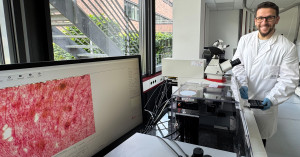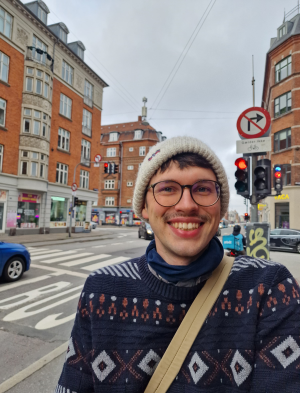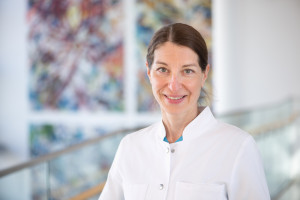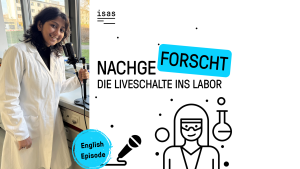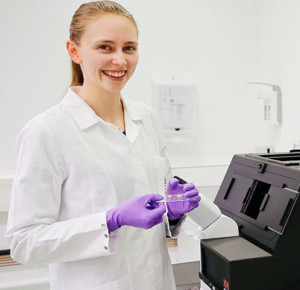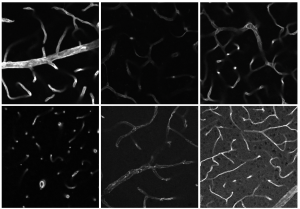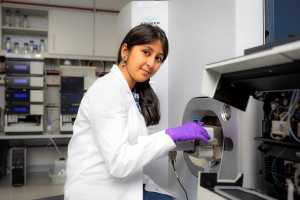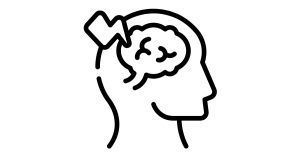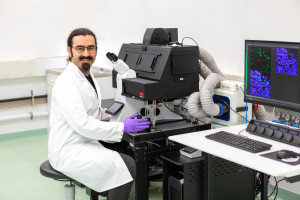Dortmund, 3rd January 2025
Over the past year, former and current researchers have provided some exciting insights into their career paths on ISAS Kompakt. Their reports show the valuable connections within the ISAS network, which not only enable diverse internal collaboration, but also external, national and global cooperation. Dr Saskia Venne and Prof Dr René Zahedi, for example, reported on their time at and after the institute.
Dr Julia Lill is kicking things off in 2025. She worked as a trained immunologist at ISAS from 2020 to 2021. After completing her doctorate, she went to Massachusetts General Hospital in Boston (USA), the largest teaching hospital at Harvard Medical School, as a research associate. Since February 2023, Lill has been working in the cancer immunology team at BioNTech in Cambridge (USA), as a Senior Scientist since July 2024.
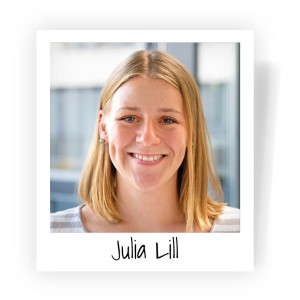
I joined ISAS when I was between the conclusion of my PhD project at University Hospital Essen and the commencement of a postdoctoral position. My research at the institute focused on optimising the procedures for isolating proteins from cells. The aim was to generate meaningful proteome analysis with very limited cell material. This comes into play if you are examining changes in the proteome of neutrophilic granulocytes that were isolated from healthy versus cancerous tissue.
For this project, we collaborated very closely with University Hospital Essen. The Essen team performed the cancer studies and isolated the neutrophils whereas I prepared the cells and conducted the proteome analyses. Over the course of this collaboration, I learnt how important clear communication is to research projects. In collaborative research, people often have very different backgrounds – this is what makes it so interesting. But details might be assumed as given by one collaboration partner whereas they might be perceived as new by the other. Such minor barriers to communication might seem trivial but they can jeopardise entire projects if you don’t identify them and work to overcome them.
When joining ISAS, I was rather new to the topic of proteomics, so I learned a lot during my time there. The discussions with colleagues were often a decisive factor in my learning process, helping me to learn and deepen my understanding. Creating a functioning network in which you surround yourself with knowledgeable, ambitious peers and build up purposeful connections with them may take some time. But I learnt that, over the long term, this is time well invested.
As my PhD focused on questions in immunology, I encountered analytics for cancer research for the first time during my time at ISAS. Since then, I have dedicated my career to cancer research – first as a postdoc at Massachusetts General Hospital and Harvard Medical School, and now as a researcher at BioNTech in Cambridge, Massachusetts. I would encourage people to be courageous and look beyond the limits of your own ‘scientific comfort zone’. This shift can ignite a new passion, as it did for me with cancer research, or reinforce your love for your current field, motivating you to deepen your expertise. Venturing into new areas can also be eye-opening, revealing how much there is to learn outside of your area of expertise. Lastly, and for me most strikingly, such experiences foster understanding and patience. By adopting the perspective of a non-expert, you learn how to effectively communicate and interact with those who are unfamiliar with your specialty.
Dr Julia Lill Senior Sceitnist in BioNTech’s team for cancer immunology in Cambridge, USA Photo: @ISAS
